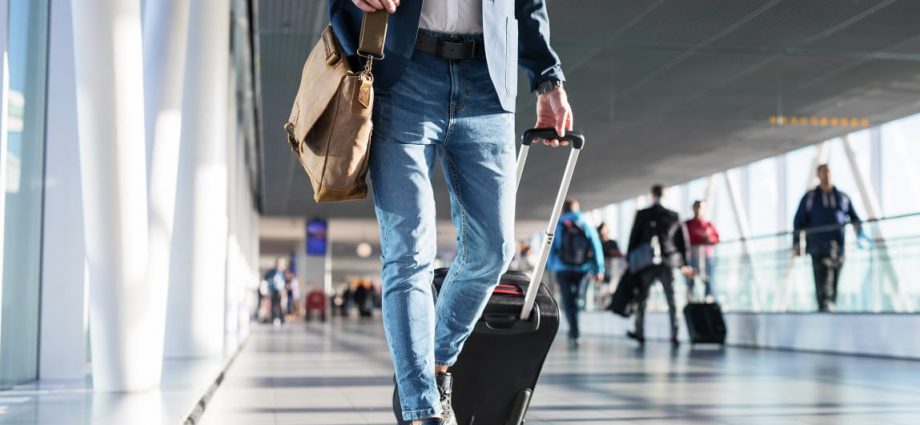- United Kingdom is the choice destination for travelers from Eastern, Europe, Middle East and Africa
- Cruises, buses and trains see strong spending rebound in 2022 as Covid restrictions loosen
LAHORE ( Web News )
After a turbulent two years, new research from the Mastercard Economics Institute reveals that global leisure and business flight bookings1 have surpassed pre-pandemic levels, while spending on cruise lines, buses and trains saw sharp improvements this year. A new report, Travel 2022: Trends and Transitions, delivers critical insights across 37 markets about the global state of travel in a post-vaccine and less restricted chapter of the pandemic era.
Importantly, if flight booking trends continue at their current pace, an estimated 115 million more passengers in Eastern Europe, Middle East and Africa will fly in 2022 compared to last year, according to an analysis by the Mastercard Economics Institute. Drawing on a unique analysis of publicly available travel data2, as well as aggregated and anonymized sales activity in the Mastercard network3, the report dives into key elements of the traveler journey. Key findings through April 2022 include:
- Leisure and business flights surpass pre-pandemic levels: Travel recovery has been a largely consumer story for much of the pandemic. By the end of April, global leisure flight bookings surpassed 2019 levels by 25%; short- and medium-haul leisure flight bookings were up 25% and 27%, respectively.
Hard-hit transportation industries see spending rebound: Recent spending levels point to greater comfort with group travel. Global spending on cruises gained 62 percentage points from January to the end of April, though remains below 2019 levels. Buses are back at pre-pandemic levels, while passenger rail spend remains 7% below. Meanwhile, car road trips maintain their appeal, with spending on tolls and auto rentals up nearly 19% and 12%, respectively. Among consumers in the Eastern Europe, Middle East and Africa, spend on passenger railways outperformed the rest of the world since January 2021, and the region has a much higher sustained spend increase over the same period in 2019. Within auto-rentals, tourist spend has also been on a gradual recovery, exceeding 2019 levels on a more sustained basis from January 2022.
- Travel spending shifts back to experiences over things: For the better part of a year, international tourists spent more on experiences instead of souvenirs when in destination. Experiential spending is now 34% above 2019 levels; the areas seeing the largest spending increases are F&B outlets (72%) and amusement parks, museums, concerts and other recreational activities (35%). In the U.K., spending growth each month in 2022 more than doubled compared to 2019 levels, currently 140% for April. The global trend towards the Experience Economy has also reached Eastern Europe, Middle East and Africa, although half a year later than the global aggregate. In South Africa, for example, although both spending on goods and experiences tend to trend similarly, growth in spending on experiences relative to 2019 levels has sustained around a 20 percentage point lead over goods spend since January 2022.
Like any flight, the travel recovery has faced both headwinds and tailwinds. As the ‘Great Rebalancing’ takes place around the world, this mobility is critical to a return to pre-pandemic life,” said Bricklin Dwyer, Mastercard chief economist and head of the Mastercard Economics Institute. “The resilience of the consumer to return to ‘normal’ and make up for lost time gives us optimism that the recovery will continue directionally, even if there are bumps along the way.”

